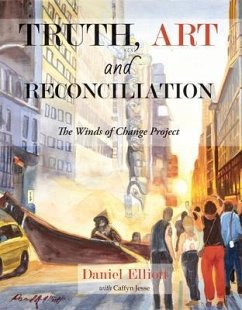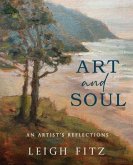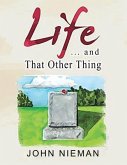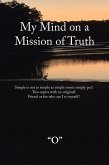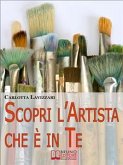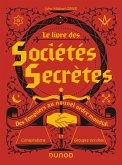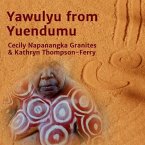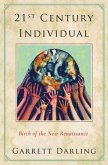The "Winds of Change" is a series of watercolour paintings by Daniel Elliott - a Stz'uminus Elder who is a healer and teacher in First Nations communities. The paintings depict the beauty and power of Indigenous culture and community, along with the ongoing trauma of colonization. This book includes all paintings in the series, along with Elliott's own story, and his powerful insights on the path of truth and reconciliation.
Elliott began studying watercolour painting as a young boy. He found that artmaking provided access to altered states of consciousness. Art became a crucial way for him to build capacity to live with purpose and choice, despite the intergenerational trauma, sexual abuse, family violence and relentless racism he experienced. He writes, "If you can access this alternate consciousness I have been describing, the consequences of trauma are not linear or predictable. Hopelessness is not inevitable. We can feel the grief, and understand the impact of ongoing violence, and stay with it long enough to choose the next right thing."
In the introduction to Truth, Art and Reconciliation, Caffyn Jesse describes this book as "both challenging and comforting." She says, "This book asks us to understand many dimensions of Indigenous trauma. It invites us to feel our own - and each other's - traumas more intimately. It also opens new possibilities for healing, alternate ways of seeing, and transformative well-being."
Elliott began studying watercolour painting as a young boy. He found that artmaking provided access to altered states of consciousness. Art became a crucial way for him to build capacity to live with purpose and choice, despite the intergenerational trauma, sexual abuse, family violence and relentless racism he experienced. He writes, "If you can access this alternate consciousness I have been describing, the consequences of trauma are not linear or predictable. Hopelessness is not inevitable. We can feel the grief, and understand the impact of ongoing violence, and stay with it long enough to choose the next right thing."
In the introduction to Truth, Art and Reconciliation, Caffyn Jesse describes this book as "both challenging and comforting." She says, "This book asks us to understand many dimensions of Indigenous trauma. It invites us to feel our own - and each other's - traumas more intimately. It also opens new possibilities for healing, alternate ways of seeing, and transformative well-being."
Dieser Download kann aus rechtlichen Gründen nur mit Rechnungsadresse in A, D ausgeliefert werden.

